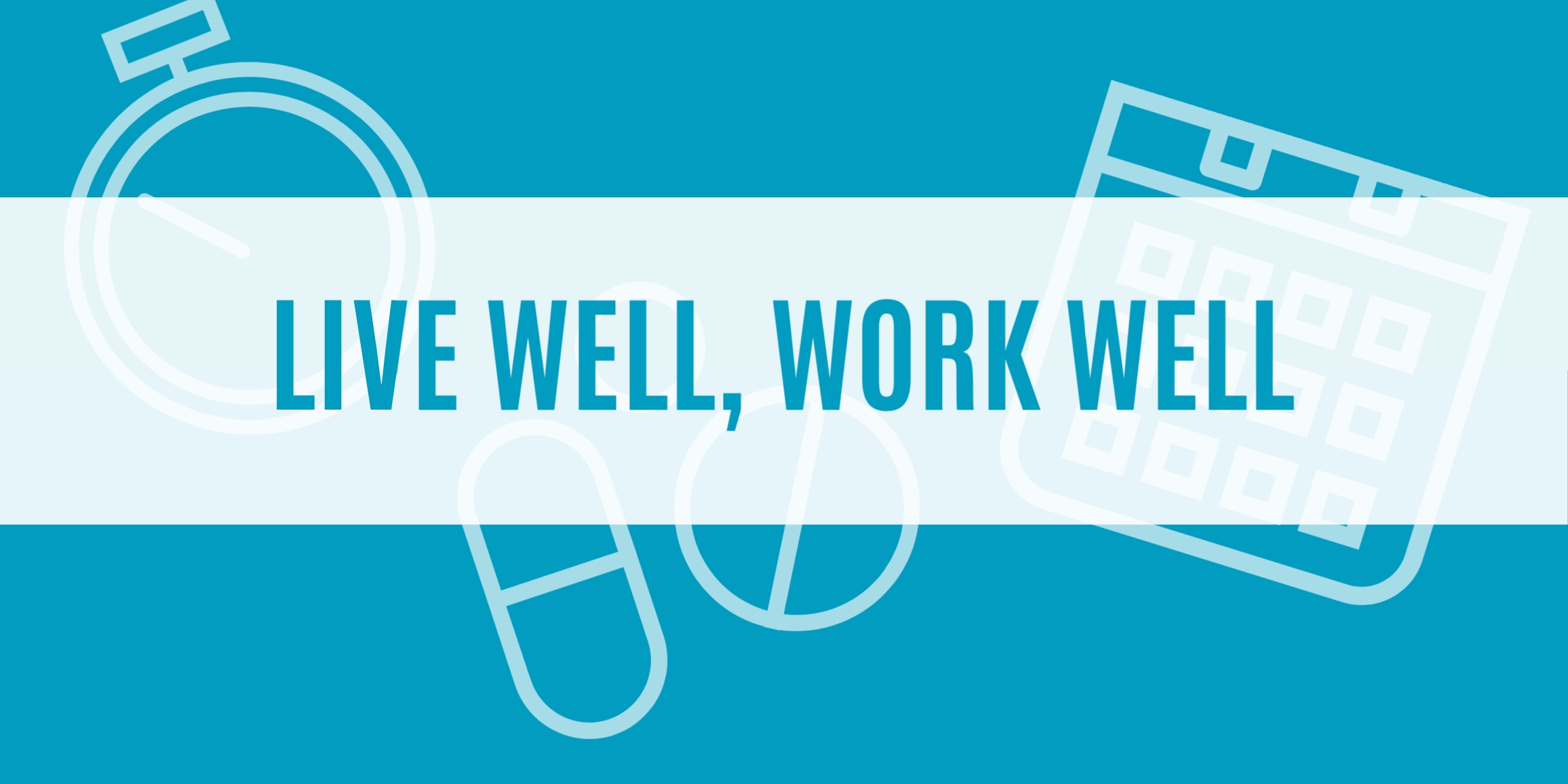23 Mar Working From Home During a Coronavirus Outbreak
 For many, working from home is just a daily routine. For people unfamiliar with remote work, it can take some getting used to.
For many, working from home is just a daily routine. For people unfamiliar with remote work, it can take some getting used to.
During a coronavirus outbreak, some workers may be forced to work from home when they otherwise wouldn’t. This article discusses why preventive measures like working remotely are so important during outbreaks and provides tips for successfully working from home.
23 Mar Office Closing for COVID-10 Letter – Template
If your company has to close the doors because of COVID-19 temporarily, we are pleased to provide a template for your use. To receive your free copy of the template, complete this form, and we’ll email it to the address provided. The document is an editable Word file informing your staff that your organization is […]


 Small and midsize employers may begin using two new refundable payroll tax credits to obtain reimbursement for the costs of providing coronavirus- related leave to their employees, the U.S. Department of Labor (DOL) and Internal Revenue Service (IRS) announced on March 20, 2020.
Small and midsize employers may begin using two new refundable payroll tax credits to obtain reimbursement for the costs of providing coronavirus- related leave to their employees, the U.S. Department of Labor (DOL) and Internal Revenue Service (IRS) announced on March 20, 2020. The coronavirus disease 2019 (COVID-19) pandemic, which was first detected in Wuhan, China in late December 2019, has now spread to over 150 countries, including the United States. As the number of confirmed cases increases daily, employers, employees and their families are experiencing immense uncertainty.
The coronavirus disease 2019 (COVID-19) pandemic, which was first detected in Wuhan, China in late December 2019, has now spread to over 150 countries, including the United States. As the number of confirmed cases increases daily, employers, employees and their families are experiencing immense uncertainty.